Republican Natives react favorably to Palin VP selection
By Rob Capriccioso
Story Published: Sep 5, 2008
Story Updated: Sep 10, 2008

Alaska Gov. Sarah Palin enjoyed a traditional blanket toss in Barrow, Alaska June 30. Palin was announced as Sen. John McCain’s Vice Presidential running mate Aug. 29. She is the first female Republican VP candidate in history.
WASHINGTON – As Gov. Sarah Palin worked overtime at the Republican National Convention to make her views better known, Native Republicans began to speak out on their admiration for the governor from Alaska.
“If she and Sen. McCain are elected, it would provide a basis for a stronger Indian policy,” said W. Ron Allen, a member of the American Indians for McCain Coalition and chairman of the Jamestown S’Klallam Tribe.
“McCain has a strong background in Indian country and understands it quite well. … and she has familial and Alaska Native insights that I think enhance the ticket’s commitment to tribes.
”Palin, the first female Republican vice presidential candidate is married to Todd Palin, who is of Yup’ik Eskimo descent. Their five children are also of Alaska Native heritage.
“I am delighted by her selection,” said Jana McKeag, a co-chair of American Indians for McCain Coalition who attended the convention. “I think she brings a fresh face to the party, and she’s a go getter. She’s always looking at how to fix things. And we still have a lot of things out there in Indian country that need to be fixed.”
Added McKeag, a member of the Cherokee Nation of Oklahoma: “We need strong leadership for this country that is familiar with Indian country. Both Sen. McCain and Gov. Palin can hit the ground running.”
Indian supporters of the McCain/Palin ticket said they were pleased to have not one, but two, candidates running from states with large Native constituencies. The senator from Arizona presided over the U.S. Senate Indian Affairs Committee for several years, while Palin leads a state that contains more than 225 of the 560-plus federally-recognized tribes in the U.S.
Talk amongst Indian RNC attendees also centered on tribal history involving President Richard Nixon, whose initiative on Native economic development was operated largely through his vice president’s office.
On specific tribal issues, especially healthcare improvement, Republican Indians were quick to say that McCain and Palin could bring change – and blamed certain Democrats for lack of action in recent times.
GOP attendees of the convention said they see the main holdup to getting the Indian Healthcare Improvement Act passed this year as being Democratic House Speaker Nancy Pelosi, who is not happy with the pro-life provisions of the bill.
McCain has long expressed his support for the reauthorization of IHCIA and insiders with the McCain camp said Palin, too, likely supports the bill.“
peaker Pelosi should get passed politics to see that the bill really helps Native Americans on so many levels,” McKeag said. “I think that’s exactly what Sen. McCain and Gov. Palin would do.”
RNC Indian attendees also said they were happy with Palin’s leadership in her state on rural energy issues and noted her positive relationship with members of the National Congress of American Indians.
When asked if Republicans thought Palin will be an asset in getting out Native voters for the senator from Arizona, Allen said, “It won’t hurt, I can tell you that. I would think that it would strengthen McCain’s platform of tribal self-governance and empowerment. I would perceive that her contribution to the team would strengthen tribes’ perspectives.”
Asked the same question, McCain campaign spokesman Tucker Bounds offered the following statement: “John McCain has a strong record of working with the tribes, and Gov. Palin will be a strong partner in his mission of reforming Washington.”
Despite strong Indian support at the convention, Palin has drawn concern from some Alaska Natives, especially on issues surrounding an initiative to stop development of the Pebble Mine adjacent to the Bristol Bay fishing grounds, which is a prime area for both commercial and subsistence salmon fishing.“
Her public position on that issue undoubtedly had an effect on the defeat of that initiative, an initiative supported by many of the region’s Inupiat and Yup’ik Alaska Natives,” said Carl Shepro, a political science professor at the University of Alaska.
While McKeag and other RNC attendees were confident that Palin could help turn out the Native vote, Shepro and others expressed skepticism.“
I think that Sen. McCain picked her for a couple of reasons, probably neither related to the Indian vote: First, she is very far to the right on social and economic issues and second she is anti-abortion/pro-life and both positions mean she enjoys a great deal of support from the religious right,” he said.
Matt Tomaskin, a member of the Yakama Nation who attended all four days of the Democratic National Convention in Denver, said that Todd Palin is “kind of a distant two degrees from the main line.”
“I think it would be a different story if the governor herself was tribal,” Tomaskin said, adding that he didn’t think the McCain camp purposely picked a vice president who might be attractive to some Native voters.
“It’s probably just an afterthought [for the McCain camp] that her husband is Indian,” Tomaskin said. “To me, it’s a non-issue. I can’t see tribal members running to the polls just because her husband is tribal.”
Palin has talked positively of her husband and children’s heritage in the past. When running for governor in October 2006, she wrote a letter addressed to rural voters, saying she “so very much appreciates Alaska’s First People, their proud heritage and diverse cultures so abundant in the communities throughout our state.”
“I personally feel the language, stories, and traditions of Alaska Native cultures are a national treasure to be nourished and held close to our hearts,” Palin added. “It is our rural lifestyle and diverse cultural heritage that distinguishes Alaska from the rest of the world and makes it our wonderful home.”
She wrote, too, that her family has been “blessed” by learning Yup’ik traditions and stories from Helena Andree, her children’s great-grandmother and a one-time Bristol Bay Native Corporation Elder of the Year. The Palins named their oldest daughter Bristol in honor of the region many of their family members still call home.
Palin also promised to support tribal economic development and fishing subsistence issues, noting that her family has fished commercially in Bristol Bay for decades.
In terms of education policy, Palin said she supports teaching traditional culture and languages in schools. “A strong sense of identity will keep kids in school until they become strong adults equipped to thrive in today’s world,” she wrote.
Also of note, the governor proclaimed June 10-13, 2007 as “National Congress of American Indians Days” in recognition of a conference held by NCAI in Anchorage.
Since the governor’s campaign letter focused on Natives, Shepro said the governor has offered relatively little public comment on tribes. Some Indians and tribal advocates have been critical of her silence, especially given her Native family ties. They also noted that in her two years in office, the governor has not appointed any Native people to high-ranking positions within her administration.
But former Sen. Ben Nighthorse Campbell, Northern Cheyenne Tribe, thinks that Palin could never have become governor of Alaska without the support of tribal constituencies, which, he said, shows her popularity among Alaska Natives.
“There’s no question in my mind that she will be a great Indian country advocate,” said Nighthorse Campbell, honorary co-chair of the American Indians for McCain Coalition.
*For a description of the blanket toss, see:
http://www.turtletrack.org/Issues02/Co07272002/CO_07272002_Blanket_Toss.htm
http://www.indiancountrytoday.com/politics/27912839.html


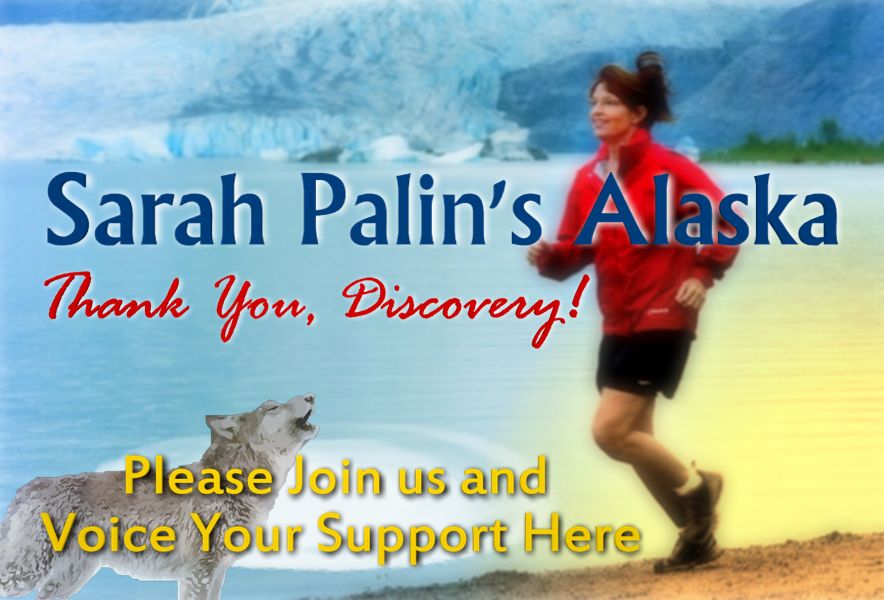

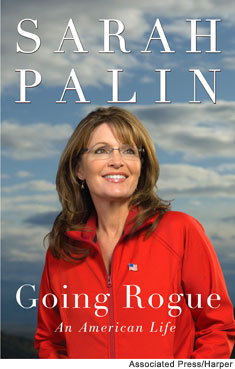


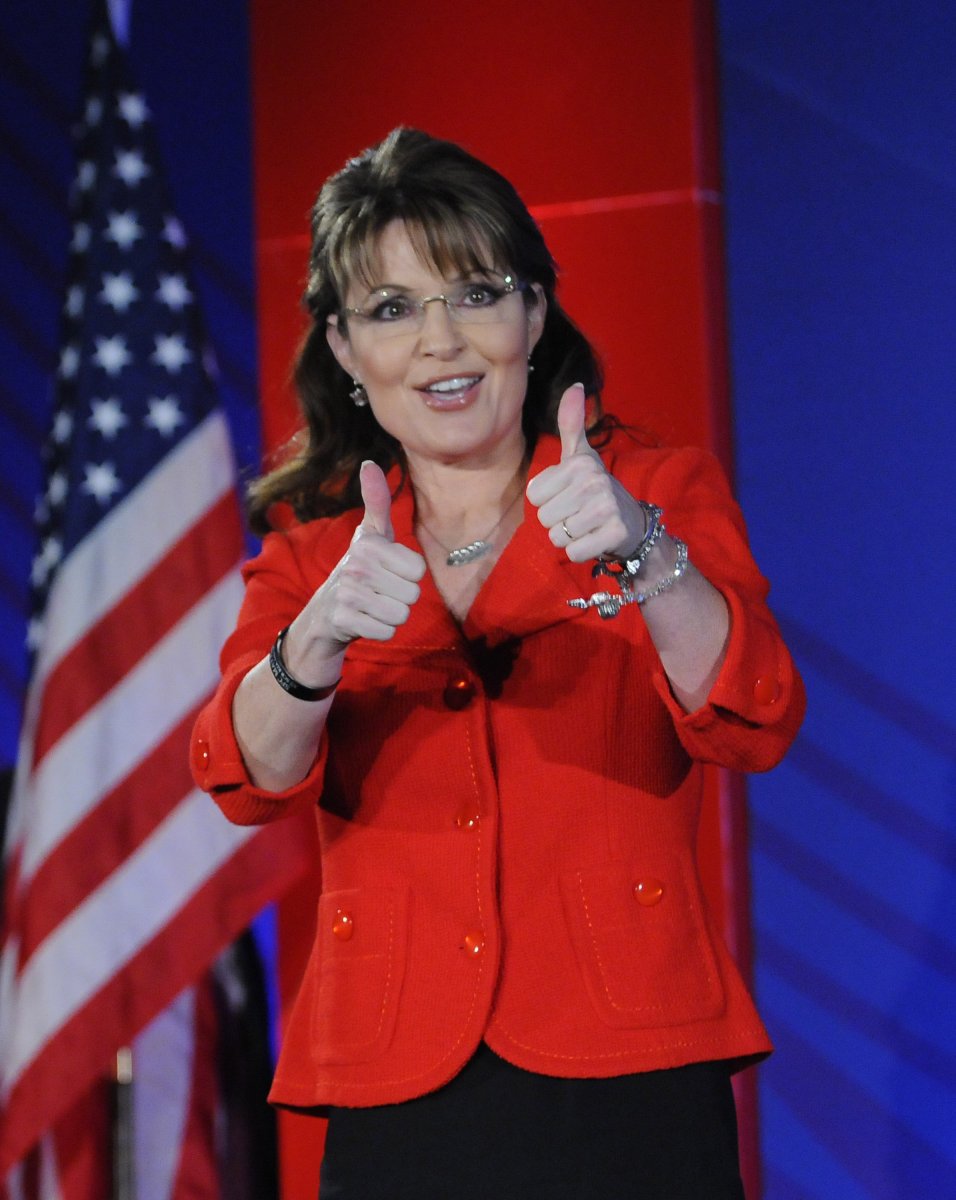








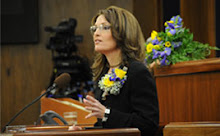

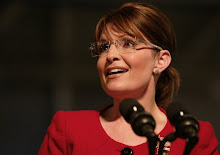














No comments:
Post a Comment